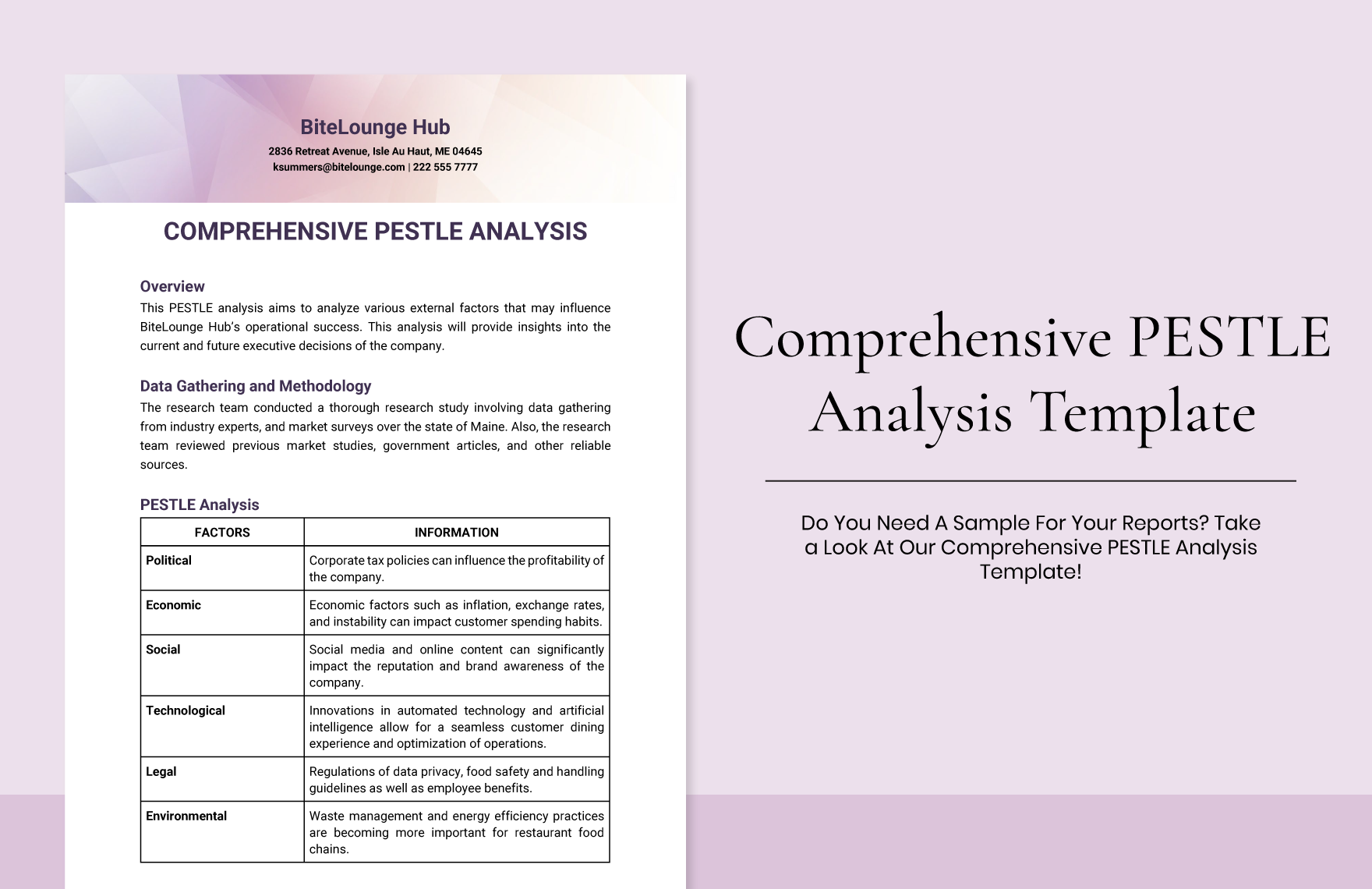Unveiling The Devastating Impact Of The Epidemic: A Comprehensive Analysis And Call To Action
Have you ever heard of the comprehensive report that has just been published? It is titled "Unveiling The Devastating Impact Of The Epidemic: A Comprehensive Analysis And Call To Action". This report analyzes the devastating effects of the epidemic and call on everyone to take action to stop it.
Editor's Notes: "Unveiling The Devastating Impact Of The Epidemic: A Comprehensive Analysis And Call To Action" has published today date, because to raise awareness about the devastating impact of the epidemic and to call on everyone to take action to stop it.
Our team has done some analysis, digging information, made Unveiling The Devastating Impact Of The Epidemic: A Comprehensive Analysis And Call To Action we put together this Unveiling The Devastating Impact Of The Epidemic: A Comprehensive Analysis And Call To Action guide to help target audience make the right decision.
Transition to main article topics
FAQ
This comprehensive guide provides an in-depth analysis of the epidemic's devastating impact. To clarify common questions and dispel misconceptions, we present these frequently asked questions.

URGENT CALL TO ACTION: Recognition of the Intimate Partner Violence - Source womenshabitat.ca
Question 1: What are the primary factors contributing to the epidemic's severity?
The epidemic's severity stems from a complex interplay of factors, including the high transmissibility of the pathogen, the lack of pre-existing immunity in the population, and the absence of effective treatments or vaccines.
Question 2: How does the epidemic disproportionately affect vulnerable populations?
Vulnerable populations, such as the elderly, immunocompromised individuals, and those with pre-existing health conditions, bear the brunt of the epidemic's impact due to their weakened immune systems and limited access to healthcare.
Question 3: What are the immediate and long-term consequences of the epidemic?
The epidemic has immediate consequences such as overwhelming healthcare systems, disrupting supply chains, and causing widespread economic loss. Long-term consequences include increased healthcare costs, mental health issues, and social and economic disparities.
Question 4: What measures should governments and individuals take to mitigate the epidemic's impact?
Mitigation measures include public health interventions such as social distancing, mask-wearing, and contact tracing; strengthening healthcare systems; and promoting equitable access to vaccines and treatments.
Question 5: How can individuals contribute to the collective response to the epidemic?
Individuals can contribute by following public health guidelines, volunteering to support affected communities, and advocating for policy changes that address the underlying causes of the epidemic.
Question 6: What are the key takeaways and future research directions?
Key takeaways include the need for proactive preparedness, early containment measures, and addressing social and economic inequalities. Future research directions focus on understanding the virus's evolution, developing effective vaccines and treatments, and mitigating the long-term consequences of the epidemic.
This analysis underscores the urgent need for a comprehensive and coordinated response to the epidemic. By addressing these frequently asked questions, we aim to inform and empower individuals and policymakers in the fight against this devastating health crisis.
Moving forward, the next section will explore the socio-economic impact of the epidemic in greater depth.
Tips
To mitigate the devastating impact of the epidemic, the report underscores the need for urgent and multifaceted action. The following tips provide guidance for addressing the crisis effectively:
Tip 1: Prioritize prevention measures.
- Implement public health campaigns to raise awareness about transmission and protective behaviors.
- Strengthen surveillance systems to detect and respond to outbreaks promptly.
- Provide access to testing, isolation, and treatment facilities.
Tip 2: Support healthcare systems.
- Increase funding for healthcare infrastructure, including hospitals, clinics, and laboratories.
- Train and mobilize healthcare workers to meet the surge in demand.
- Ensure access to essential medicines and medical equipment.
Tip 3: Address social and economic determinants of health.
- Provide financial assistance to vulnerable populations affected by the economic fallout of the epidemic.
- Promote access to housing, food, and other basic necessities.
- Address mental health and psychosocial needs arising from the crisis.
Tip 4: Foster international cooperation.
- Facilitate data sharing and research collaboration among countries.
- Coordinate efforts to develop and distribute vaccines and treatments.
- Support global health initiatives aimed at preventing and containing outbreaks.
Tip 5: Mobilize community involvement.
- Engage community leaders and organizations in outreach and education efforts.
- Empower communities to take ownership of their health and well-being.
- Foster social cohesion and support systems to reduce stigma and discrimination.
The full report, Unveiling The Devastating Impact Of The Epidemic: A Comprehensive Analysis And Call To Action, provides further insights and recommendations for addressing this critical public health issue.
Unveiling The Devastating Impact Of The Epidemic: A Comprehensive Analysis And Call To Action
The ongoing epidemic has left an undeniable imprint on our world, creating a multitude of devastating consequences. Unmasking the full extent of its impact requires a comprehensive analysis, encompassing various dimensions and perspectives.

Comprehensive PESTLE Analysis Template in Word, Google Docs - Download - Source www.template.net
- Health Catastrophe: Mass illness, overwhelmed healthcare systems, and increased mortality rates.
- Economic Disruption: Job losses, supply chain disruptions, and dwindling consumer spending.
- Social Isolation: Physical distancing measures and restrictions on gatherings, leading to increased loneliness and mental health concerns.
- Educational Disparities: School closures and limited access to online learning, exacerbating educational gaps.
- Psychological Trauma: Fear, anxiety, and grief resulting from the uncertainty and loss associated with the epidemic.
- Heightened Inequality: The epidemic has disproportionately affected vulnerable populations, widening existing social and economic disparities.
These key aspects intertwine, creating a complex web of challenges. The economic downturn further strains healthcare systems, while social isolation exacerbates mental health issues. Educational disparities compound existing inequalities, and psychological trauma can lead to long-term consequences. Addressing these multifaceted impacts requires a comprehensive and collaborative approach, involving governments, healthcare professionals, social service organizations, and individuals.

A call to action: Balochistan's suicide epidemic - Source tribune.com.pk
Unveiling The Devastating Impact Of The Epidemic: A Comprehensive Analysis And Call To Action
The epidemic has had a devastating impact on the world, affecting every aspect of our lives. From the healthcare system to the economy, no one has been left unscathed. This comprehensive analysis will explore the causes and effects of the epidemic, and call for action to address this global crisis.

Premium AI Image | Plastic Pollution Devastating Impact on Marine Life - Source www.freepik.com
One of the most devastating impacts of the epidemic has been on the healthcare system. Hospitals have been overwhelmed with patients, and medical staff have been working long hours in dangerous conditions. The epidemic has also led to a shortage of medical supplies, including personal protective equipment (PPE) for healthcare workers.
The epidemic has also had a significant impact on the economy. Businesses have been forced to close, and many people have lost their jobs. The global economy is expected to shrink by trillions of dollars this year.
The epidemic has also had a devastating impact on mental health. People are feeling isolated, anxious, and depressed. The epidemic has also disrupted education, with schools and universities closed in many countries.
The epidemic is a global crisis that requires a global response. Governments, businesses, and individuals need to work together to address this challenge. We need to invest in research to develop new treatments and vaccines. We need to provide financial assistance to those who have been affected by the epidemic. And we need to work together to build a more resilient society that is better prepared for future pandemics.
The epidemic has had a devastating impact on the world, but it is not too late to act. We need to come together and take action now to address this global crisis.
Meningokokki: Understanding The Causes, Symptoms, And Prevention Of Meningococcal Disease, Ivan Hlinka: Ice Hockey Legend And Symbol Of Czech Resilience, Centralia: The Ghost Town Of Pennsylvania, Where The Fires Still Burn, Vízek: Drinks Of Hungary - A Toast To Hungarian Beverage Culture, Německá Doga Otík: A Gentle Giant With A Loyal Heart, Caridad Martinez: Leading Real Estate Professional With Unwavering Commitment, Paris Saint-Germain Vs. Stade De Reims: Ligue 1 Match Preview And Betting Tips, Mono Zabaleta: Renowned Colombian Harpist And Composer, How President Nayib Bukele's Policies Mirror Those Of Former U.S. President Donald Trump, Discover The Coastal Oasis: Exploring The Enchanting Beaches, Tranquil Coves, And Natural Wonders Of Zapallar, Chile,